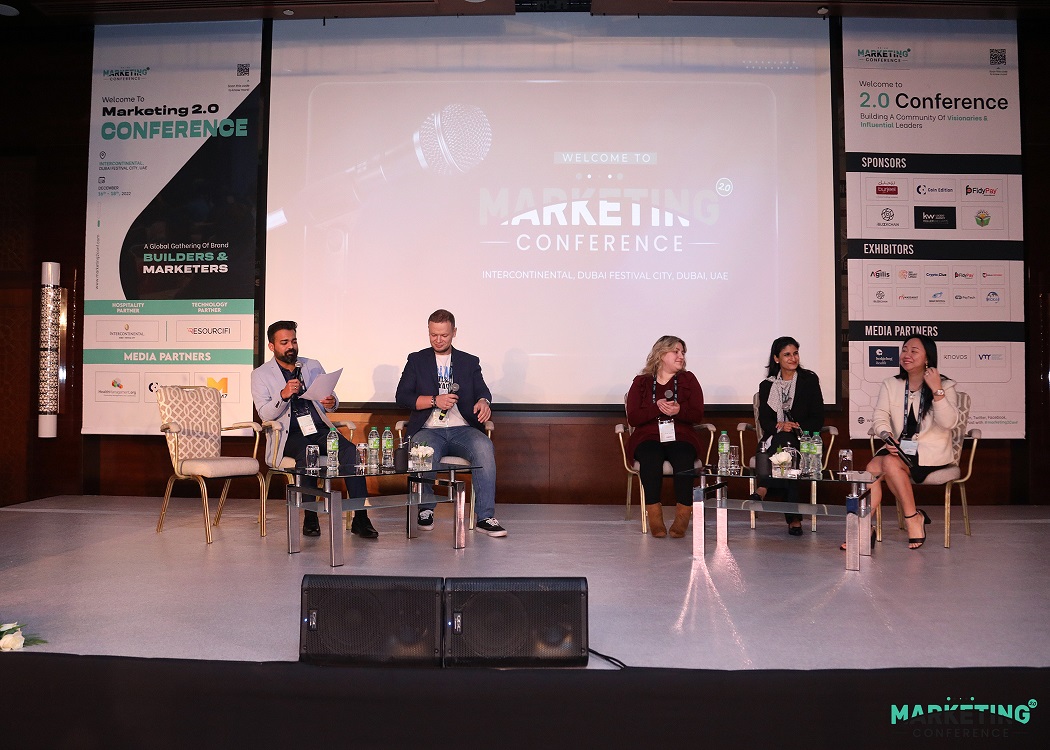
In today’s digital age, marketing fraud has become increasingly widespread and sophisticated consumer deception. With the emergence of digital technologies and global marketplaces, marketers have found increasingly inventive ways to manipulate online platforms and deceive consumers. Online marketing is rife with fraudulent activities ranging from identity theft and credit card scams to “review farming” and astroturfing. Many marketers at the Marketing 2.0 Conference shared the different types of marketing fraud, their impacts on consumers and businesses, and how companies can combat this fraud. Let’s review the marketing fraud highlighted by the marketing conference leaders.
What Is Marketing Fraud?
Marketing fraud deliberately attempts to deceive consumers for financial gain or other purposes through marketing and advertising tactics. The activities included in this definition range from unethical and illegal (e.g., fake reviews, phishing, deceptive advertising, etc.) to crooked but perfectly legal (e.g., third-party paid advertising, data manipulation, etc.). No matter how sophisticated or discreet, marketing fraud ultimately attempts to lure in unsuspecting consumers and is, therefore, a serious crime with a potential financial and reputational cost to businesses. Many leaders at the Marketing 2.0 Conference shared their concerns about how such fraud affects the reputation of genuine marketing and advertising companies.
Marketing 2.0 Conference Highlights Impacts Of Marketing Fraud
The impact of marketing fraud can be widespread and costly. Consumers can suffer financial loss, loss of time, and trust in the companies they patronize. On the other hand, businesses can suffer considerable damage to their bottom line, with potential reputational harm and loss of customers and trust. For online retailers, the effects of fraud can be even more devastating, with marketplaces targeted by sophisticated criminals seeking to manipulate rankings and product reviews for personal gain. This matter needs to be addressed with suitable solutions to prevent fraudsters from conducting such a scam in 2023, highlighted at Marketing 2.0 Conference.
Ways To Prevent And Combat Marketing Fraud, Discussed At Marketing 2.0 Conference
Global marketing leaders at various marketing conferences suggested that the best way for companies to protect themselves from marketing fraud is to understand how it works and take appropriate preventative measures. It includes having strict policies for monitoring and verifying reviews, tracking customer transactions, monitoring ads and emails for fraud activity, and regularly training employees in data protection and security measures. Additionally, businesses can also strive to promote transparency and cultivate relationships of trust with their customers. This means taking the time to answer questions, provide updates and demonstrate that the company values its customers. Experts at the Marketing 2.0 Conference shared how these small steps can help businesses avoid and protect themselves from such marketing fraud.
Conclusion
As marketing fraud is a serious and growing threat to consumers and businesses alike, companies need to understand the potential impact and take the necessary measures against marketing fraud. By implementing policies and processes to protect against fraud and fostering transparency and trust with customers, businesses can mitigate the risks posed by marketing fraud. One can learn about the latest techniques and strategies these fraudsters use along with ways to avoid them by attending seminars or marketing conferences like Marketing 2.0 Conference in 2023 scheduled for the USA and Dubai.





